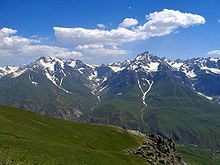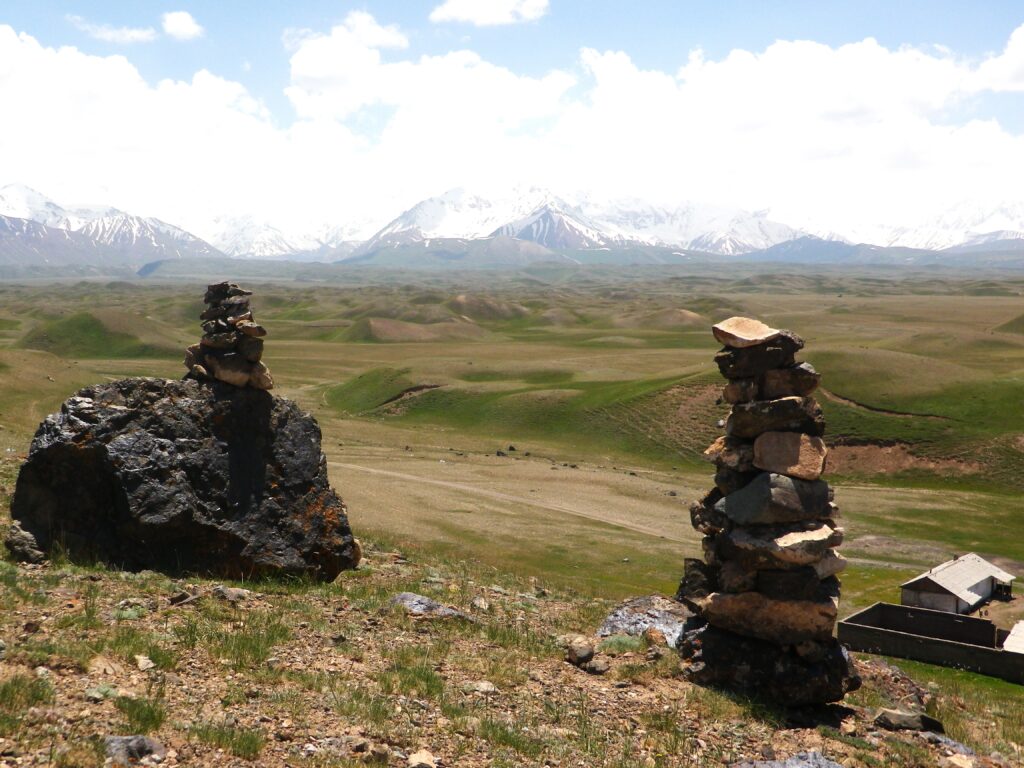DUSHANBE (TCA) — On March 21 the world marked the International Day of Forests, a day to raise awareness of the importance of forests and trees to all life on earth. The theme selected to mark this year’s celebration is Forests and Water, to highlight forests’ crucial role in contributing to water and food security, the Food and Agriculture Organization of the UN (FAO) in Tajikistan said on March 21.
“Forested watersheds and wetlands supply 75% of the world’s accessible fresh water for domestic, agricultural, industrial and ecological needs,” said Mr Viorel Gutu, FAO Representative in Tajikistan.
One of the directions of FAO programming in Tajikistan builds upon the knowledge and experience gained from several partnerships on natural resources management, in particular watershed management and forestry management.
According to FAO, 2.9% or about 410,000 hectares of Tajikistan are forested. Of this 72.4% (297,000 hectares) is classified as primary forest, the most bio-diverse and carbon-dense form of forest. Tajikistan had 101,000 hectares of planted forest.
Forests are a key component of watershed management – an integrated approach of using natural resources in a given geographical area drained by a water course. It is by maintaining and providing high-quality freshwater that watershed areas have a pivotal role in the earth’s ecology and contribute significantly to the wealth and welfare of human societies.
Improved water resource management can show considerable economic gains. By 2030, the world is projected to face a 40 percent global water deficit under the business-as-usual climate scenario. However, every US $1 invested in watershed protection can save anywhere from $7.5 to almost $200 in costs of a new water treatment and filtration facility. In developing countries, a $15 billion to $30 billion investment in improved water resources management could have direct annual income returns in the range of $60 billion.
Forests act as natural water filters. Forests minimize soil erosion on site, reduce sediment in water bodies (wetlands, ponds, lakes, streams, rivers) and trap or filter water pollutants in the forest litter.
Climate change is altering forests’ role in regulating water flows and influencing the availability of water resources. Forests are at the forefront of reducing the effects of climate change. In respect of water, one benefit is forests’ cooling effect on the environment produced through transpiration and the provision of shade. The impacts of climate change may also be manifested in an increase in catastrophes such as floods, droughts and landslides – all of which may be influenced by forest cover.









